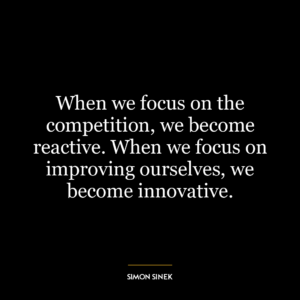I think most people are inherently interested in how their brain works, in what makes them tick.
The quote suggests that most individuals have a natural curiosity about their own mental functioning and what drives their thoughts, emotions, and behaviors. In essence, people are fascinated by what makes them ‘tick’, or what motivates and influences them to act and think in certain ways. This curiosity often stems from a desire to understand oneself better, to grow, and to improve as individuals.
This inherent interest in how the brain works can be seen in the popularity of psychology and neuroscience in mainstream culture, from books and documentaries to apps and online courses. People are eager to understand the inner workings of their minds, to discover why they react in certain ways, and to learn how to harness their mental capacities to achieve personal and professional success.
Moreover, this curiosity about the brain has profound implications for personal development. Understanding the brain can help individuals identify their strengths and weaknesses, improve their emotional intelligence, and develop strategies to overcome challenges. For example, by understanding how the brain responds to stress, one can develop healthier coping mechanisms. By understanding how the brain processes information, one can improve their learning and memory skills.
In today’s world, where mental health is increasingly recognized as a vital part of overall well-being, this understanding of the brain becomes even more crucial. It can help individuals manage their mental health, reduce the stigma around mental health issues, and promote a culture of empathy and understanding.
Furthermore, in the context of the workplace, understanding how the brain works can help foster a more productive and positive environment. Leaders who understand the psychological needs of their team members can better motivate and engage them, leading to increased productivity and job satisfaction.
In a broader societal context, understanding the human brain can help address many social issues. For example, understanding the neurological basis of prejudice and bias can help us develop interventions to reduce discrimination and promote equality.
In conclusion, the interest in understanding our brains is not just a fascinating intellectual pursuit, but a tool for personal growth, societal development, and the promotion of mental health and well-being.










